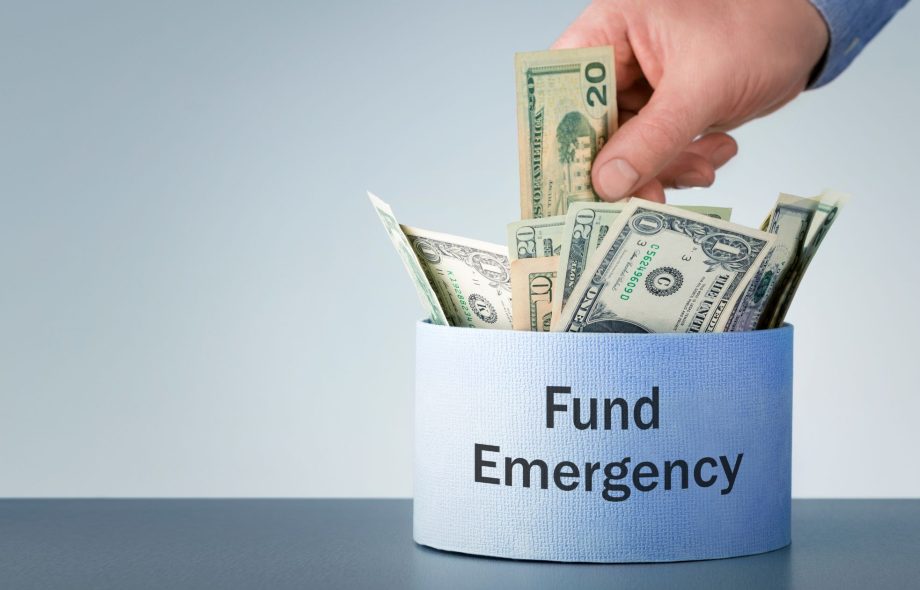How to Create an Emergency Fund Fast in India
Life in India is vibrant, diverse, and full of unforeseen possibilities. While we strive for success and prosperity, unexpected events can disrupt even the most well-laid plans. This is where a robust emergency fund becomes your financial safety net, providing peace of mind and the resources to navigate challenges. As a leading wealth management company in India, we understand the importance of financial preparedness. In this guide, we’ll explore effective strategies to build your emergency fund quickly and efficiently.
Why is an Emergency Fund Crucial?
Emergencies come in all shapes and sizes: medical bills, sudden car repairs, appliance breakdowns, or even temporary job loss. Without an emergency fund, these events can force you to rely on credit cards with high-interest rates, dip into long-term investments, or borrow from friends and family. An emergency fund acts as a buffer, allowing you to address these situations without jeopardizing your financial stability or future goals.
How Much Should You Save?
The ideal emergency fund size depends on your individual circumstances. A good starting point is three to six months’ worth of your essential living expenses. This includes rent or mortgage payments, groceries, utilities, transportation costs, and minimum debt payments. If you have dependents, consider factoring in their needs as well. Remember, the larger your emergency fund, the more prepared you’ll be for unforeseen financial burdens.
Building Your Emergency Fund Fast: Practical Strategies
Track Your Spending and Create a Budget:
The first step is to gain complete control over your finances. Track your income and expenses for a month to understand where your money goes. Identify areas where you can cut back on discretionary spending like dining out, entertainment, or subscriptions you rarely use. Creating a realistic budget allocates a specific amount towards your emergency fund each month.
Automate Your Savings:
Set up an automatic transfer from your checking account to your emergency fund savings account every payday. This “pay yourself first” approach ensures consistent savings and removes the temptation to spend the money.
Reduce Debt:
High-interest debt payments can significantly impact your ability to save. Prioritize paying off credit card debt, personal loans, or any other high-interest liabilities. Once these debts are under control, you can reallocate those funds towards your emergency fund.
Embrace Frugal Living:
There are numerous ways to save money without compromising your lifestyle. Explore cost-effective alternatives, like cooking at home instead of eating out, using public transportation or carpooling, and finding free or low-cost entertainment options.
Monetize Unused Assets:
Do you have old clothes, furniture, or electronics gathering dust? Consider selling them online through platforms like OLX or hosting a garage sale. This can be a great way to generate additional income and boost your emergency fund.
Utilize Bonus Income:
Treat windfalls like annual bonuses, tax refunds, or gifts as opportunities to accelerate your emergency fund growth. Allocate a significant portion of this income towards your savings instead of increasing your regular spending.
Explore Savings Accounts with High-Yield Interest:
While liquidity is essential for an emergency fund, consider parking your savings in a high-yield savings account offered by several banks in India. These accounts provide slightly better returns compared to traditional savings accounts, allowing your emergency fund to grow marginally faster.
Leverage Liquid Investment Options:
For individuals with a slightly higher risk tolerance, liquid mutual funds can be a good option. These funds invest in low-risk securities like government bonds and short-term debt instruments. They offer slightly higher returns than savings accounts while maintaining a high degree of liquidity, allowing for quick access to your funds in case of an emergency.
Living with Peace of Mind:
A well-funded emergency fund empowers you to face challenges with confidence. It reduces financial stress, allowing you to navigate unexpected situations without derailing your long-term financial goals. By following these strategies and prioritizing your savings, you can build a robust emergency fund and create a more secure financial future for yourself and your loved ones.
 :
https://www.wealth-firstonline.com/
:
https://www.wealth-firstonline.com/

